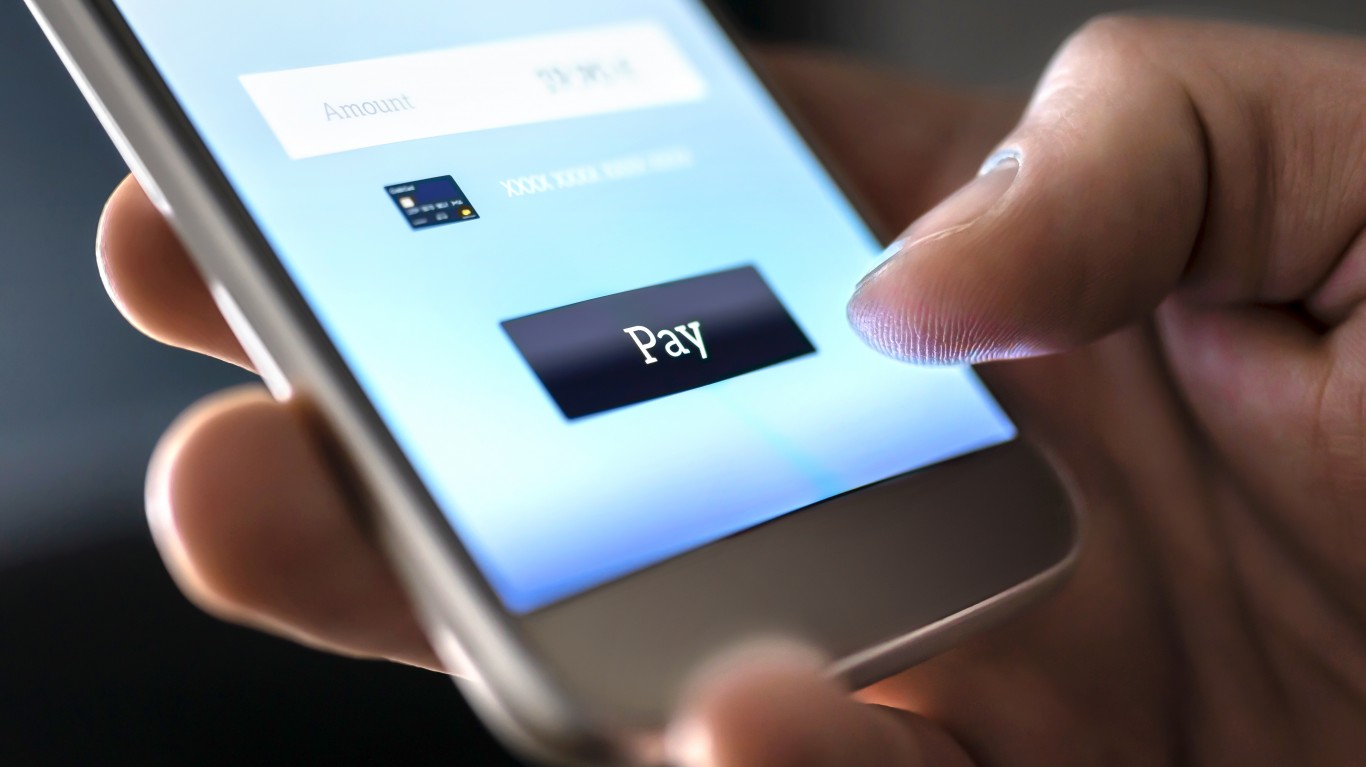Banking, finance, and taxes
Buy Now, Pay Later Firms to Get Light Touch Federal Scrutiny

Published:

The buy now, pay later (BNPL) industry has officially gone big time. The Consumer Financial Protection Bureau (CFPB) on Thursday issued a new report on the industry, which grew by a factor of 10 between 2019 and 2021, originating 180 million loans with a value of $24 billion in 2021.
The best-known U.S. pure-play BNPL provider is Affirm Holdings Inc. (NASDAQ: AFRM), and the industry includes other notables like Block Inc. (NYSE: SQ), which recently paid $29 billion for Australian BNPL firm Afterpay; PayPal Holdings Inc. (NASDAQ: PYPL); Sweden-based Klarna; and, soon, Apple Inc. (NASDAQ: AAPL), which is partnering with Goldman Sachs to extend its brand to new service tentatively called Apple Pay Later.
According to the CFPB, which received transaction data from five unnamed companies, apparel and beauty products retailers accounted for 80.1% of all loan originations in 2019 but less than 60% of new loans in 2021. Travel services, pet care, groceries and even gasoline are not among the products being purchased with BNPL loans.
CFPB director Rohit Chopra said the agency will work to ensure that BNPL borrowers have protections like those available to credit card buyers. The agency said that consumer protections on BNPL loans are inconsistent and that the loans are “engineered to encourage consumers to purchase more and borrow more.” Because BNPL lenders do not report data to major credit reporting companies, other lenders have no insight into a potential borrower’s current BNPL liabilities.
BNPL lenders also collect and sell borrower data related to shopping preferences and behavior, threatening consumer privacy, security, and autonomy. The CFPB is also concerned that the BNPL market may consolidate “in the hands of a few large tech platforms who own the largest volume of consumer data, and reduce long-term innovation, choice, and price competition.”
What may be most interesting about the report is the restraint the CFPB has shown. Lacking any pointed demands, the agency is basically going to keep an eye on BNPL providers by “identify[ing] potential interpretive guidance”, warning against surveillance practices that BNPL lenders “should seek to avoid” and addressing ways to develop credit reporting.
Shares of Block were up about 2.8%, Affirm was down about 0.4%, PayPal was up about 0.4% and Apple was down 0.8%. Had the CFPB report been harsher, Block, Affirm and likely PayPal shareholders would be feeling a lot worse about now.
Start by taking a quick retirement quiz from SmartAsset that will match you with up to 3 financial advisors that serve your area and beyond in 5 minutes, or less.
Each advisor has been vetted by SmartAsset and is held to a fiduciary standard to act in your best interests.
Here’s how it works:
1. Answer SmartAsset advisor match quiz
2. Review your pre-screened matches at your leisure. Check out the advisors’ profiles.
3. Speak with advisors at no cost to you. Have an introductory call on the phone or introduction in person and choose whom to work with in the future
Thank you for reading! Have some feedback for us?
Contact the 24/7 Wall St. editorial team.